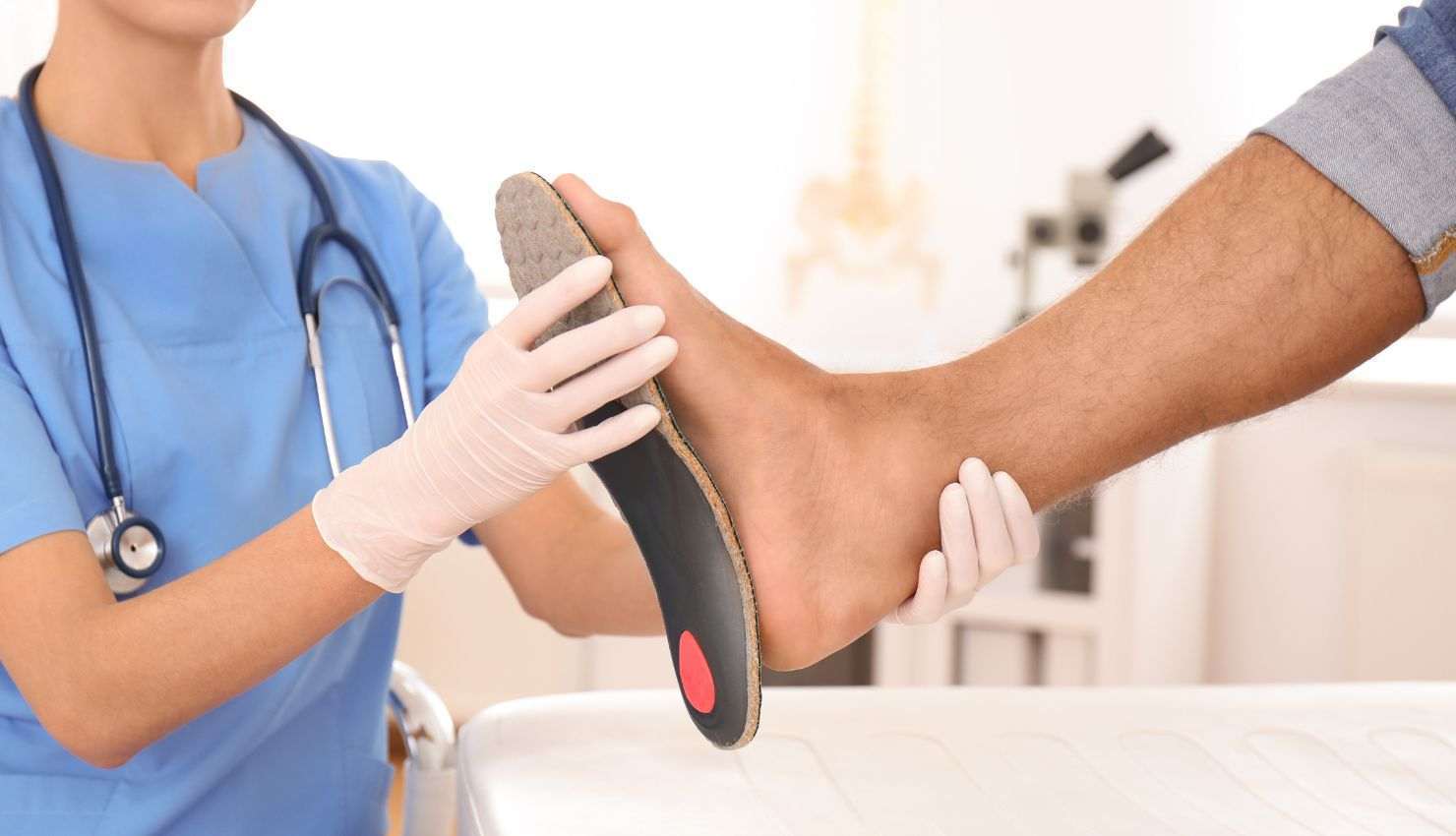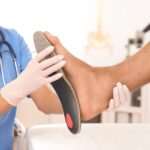Orthotics need replacement every 1-2 years, depending on wear and tear, to maintain effectiveness.
How Long Do Orthotics Last? (And When to Replace Them)
You’ve been wearing custom orthotics for a while. Maybe they helped with foot pain, knee tracking issues, or your post-injury recovery. But now things feel… different.
Your shoes feel off. The cushioning’s worn thin. Maybe the pain is creeping back.
So you’re wondering:
- “How long do orthotics actually last?”
- “Do I need a new pair — or can these be adjusted?”
- “Is there a rule for how often I should replace them?”
At YFS (Your Form Sux), we help clients get the most out of their orthotics — and more importantly, we help them reduce dependency over time. Here’s the truth about replacement timelines, wear patterns, and when it’s time to reassess.
🧠 Quick Answer: Most Custom Orthotics Last 1 to 5 Years
But the exact timeline depends on a few key factors:
1. Material Type
- Soft or semi-rigid orthotics (cushioning or diabetic support) often wear out in 12–24 months
- Rigid or carbon fibre models can last 3–5 years — but still may need tweaks
2. How Often You Wear Them
- Daily wear = faster breakdown
- Rotating between shoes or using them part-time can extend their lifespan
3. Activity Level
- If you’re active, on your feet all day, or use orthotics in sport-specific shoes — they wear faster
4. Changes in Your Body
Your feet, gait, and mechanics evolve — especially if you’re:
- Recovering from injury
- Gaining or losing weight
- Training harder or aging
- Developing new conditions (arthritis, diabetes, etc.)
What worked two years ago might not be the best fit anymore — literally or biomechanically.
👀 Signs It’s Time to Replace (or Reassess)
- Pain or discomfort in the same place you originally had issues
- Uneven wear on shoe soles
- Flattened or compressed cushioning
- Gait feels “off” — especially in just one shoe
- New aches in knees, hips, or back
- Subtle compensation (leaning, limping, shifting)
If you’re unsure, bring them in. At YFS, we’ll do a wear pattern review and gait reassessment — no guesswork.
🔁 Can Orthotics Be Repaired or Adjusted?
Sometimes — depending on condition and material:
- They can be re-covered or re-cushioned
- Angles can be re-posted for better alignment
- They can be tweaked to reflect new biomechanics
But if they’re cracked, warped, or no longer match your current structure — you need a new pair, or maybe a full re-evaluation to see if you need them at all.
🤔 Should You Just Replace… Or Reassess?
This part matters.
If you’ve never had your movement reassessed since getting orthotics, don’t just reorder the same pair.
Why? Because your body changes. Rehab works. Gait shifts. Strength builds.
If your orthotic was designed around an old dysfunction, it might be keeping you stuck.
At YFS, we always ask:
- Are you still using them for the same reason?
- Is your foot/ankle/core stronger now?
- Can you move better *without* them than when you started?
If the answer is yes, you might need a lighter version — or none at all.
💡 YFS Pro Tip: Orthotics Are a Phase, Not a Forever
Unless you’ve got a permanent structural issue, orthotics shouldn’t be a crutch.
They should be a tool — to support better movement while you build:
- Foot strength
- Ankle and hip mobility
- Core and gait coordination
- New, efficient patterns that stick
Orthotics support you while your body learns a better way to move. They’re not the solution — they’re part of the journey.
✅ Bottom Line: Orthotics Don’t Last Forever — and That’s a Good Thing
If it’s been more than 2 years, or you’re feeling pain, noticing wear, or moving weird — it’s time to:
- Replace your orthotics (if they’re still right for you)
- Reassess your body (to see what’s changed)
- Reset your strategy (to move better with less support)
Not sure if your orthotics still work for you?
Book a movement assessment at YFS — we’ll check your gait, your insoles, and your form.
No guesswork. No pressure. Just real answers.





